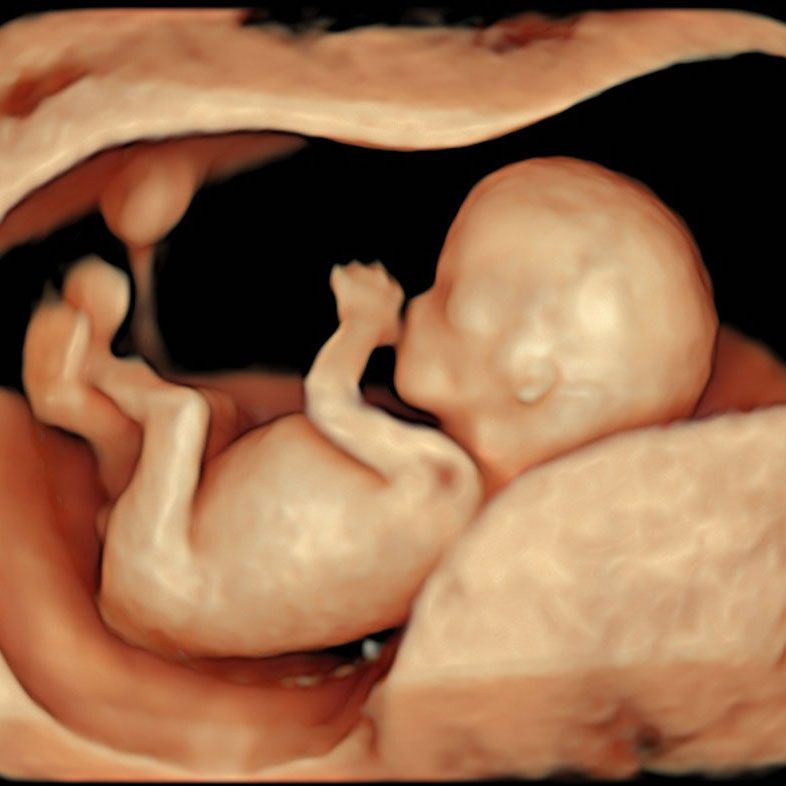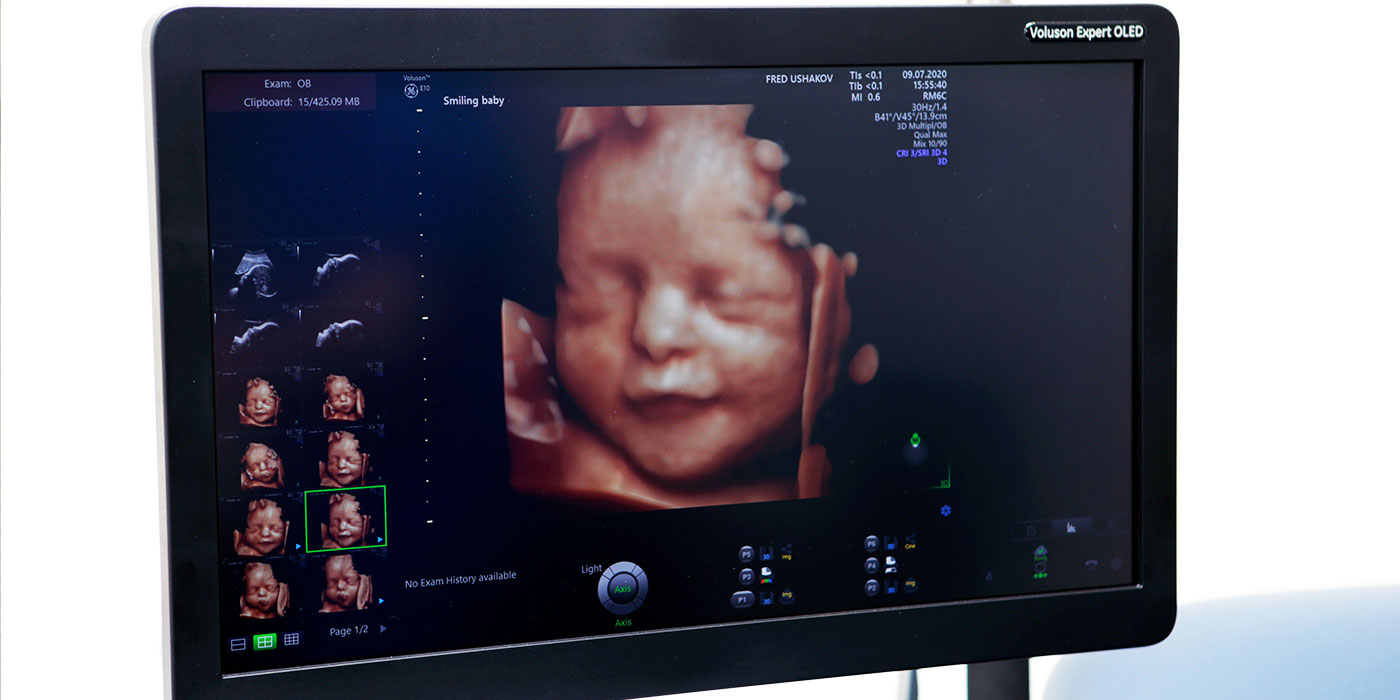NIPT and Scan: Why We Champion This Dual Approach

NIPT and Scan Approach: Why We Champion This Screening Method at London Pregnancy Clinic
Published
Tags
At the London Pregnancy Clinic, we’re dedicated to providing expectant mothers with advanced screening options and the highest level of care. We firmly recommend combining Non-Invasive Prenatal Testing (NIPT) and Ultrasound screening. Let’s explore why we endorse NIPT and Scan approach and how it benefits our patients.
Why Choose Both NIPT and scan?
Comprehensive Screening:
Ultrasound visually assesses the baby’s anatomy, checking for physical abnormalities and measuring growth. NIPT, known by brand names like Natera’s Panorama AI or Eurofins’ PrenatalSafe, examines fetal DNA in the mother’s bloodstream, providing insights into potential chromosomal abnormalities like Down’s Syndrome, Edwards syndrome, and Patau syndrome.
Increased Accuracy and Early Detection:
By merging Ultrasound’s structural insights with genetic data from NIPT, we significantly reduce false positives and offer more accurate results. As early as 10 weeks, when your baby is the size of a strawberry, we initiate the dual screening process. At this stage, we conduct the earliest possible structural anomaly scan, the Ten-week Anomaly Scan, to search for structural anomalies that NIPT can’t detect. We can rule out severe physical abnormalities like Acrania, Spina bifida, Absence of arms, hands, legs or feet, and Alobar holoprosencephaly. Only after confirming your baby’s structural development do we proceed with the NIPT test.
UNDERSTANDING THE TECHNOLOGY
Ultrasound Screening:
Ultrasound employs sound waves to create images of the baby in the womb. A small probe, called a transducer, moves over the mother’s abdomen. The transducer emits high-frequency sound waves that bounce off the baby’s structures, and these echoes are converted into images on a screen.
Non-Invasive Prenatal Testing (NIPT):
NIPT is a simple blood test taken from the expectant mother. This test detects tiny fragments of the baby’s DNA circulating in the mother’s bloodstream. By analysing these fragments, we can determine the risk of certain chromosomal conditions.
Is It Safe?
Absolutely. Both Ultrasound and NIPT are non-invasive and pose minimal to no risk to both mother and baby. However, it’s important to note that while NIPT is highly effective, it’s not a definitive diagnostic test. In cases of low negative predictive value, our doctors may recommend invasive tests like CVS or amniocentesis, which carry minimal miscarriage risk.
Our NIPT Options
As early as…
-
10 weeks
-
9 weeks
-
10 weeks
Turnaround (Working Days)
-
2-4
-
5-7
-
5-7
Lab Location
-
UK
-
US
-
US
No Call Results
-
<1%
-
<1%
-
<1%
Redraw Rate
-
2%
-
3%
-
2%
Edward’, Patau & Down’s Syndrome
-
✔
-
✔
-
✔
Di George Syndrome (22q del)
-
✖
-
✔
-
✖
Triploidy
-
✖
-
✔
-
✖
Turner Syndrome (45X)
-
✖
-
✔
-
✔
Sex chromosomes aneuploidies
-
✖
-
✔
-
✔
Twin pregnancies
-
✖
-
Best
-
✖
Vanishing twin syndrome
-
✔
-
✖
-
✔
Fetal sex reveal (optional)
-
✔
-
✔
-
✔
Scan + NIPT Price
-
£540
-
£540
-
£490
Extended NIPT + Scan Options
-
SMART Test £1690
-
Microdeletions £790
-
Rare Diseases £790
Other Early Ultrasound Screenings Offered
For those looking to delay their first scan, London Pregnancy Clinic offers pioneering Early Ultrasound Screenings, including the Early Fetal Scan conducted between 12 and 16 weeks, which can exclude more than one hundred serious anomalies. Additionally, our Early Fetal Echocardiography is designed to identify up to 80% of detectable severe fetal heart defects. It is a scan we highly recommend this scan for all babies with increased nuchal translucency (NT) measurements, fetal anomalies, or other unusual findings detected at 11-13 weeks scan.
Conclusion
At the London Pregnancy Clinic, we believe in providing the most comprehensive care possible. By endorsing the dual Ultrasound and NIPT approach, we ensure that our patients receive a detailed, accurate, and safe assessment of their baby’s health. Whether you choose the ten-week scan or another early anomaly scan, we’re here to guide and support you every step of the way.
If you have further questions or would like to schedule an NIPT and scan, please contact the London Pregnancy Clinic.










